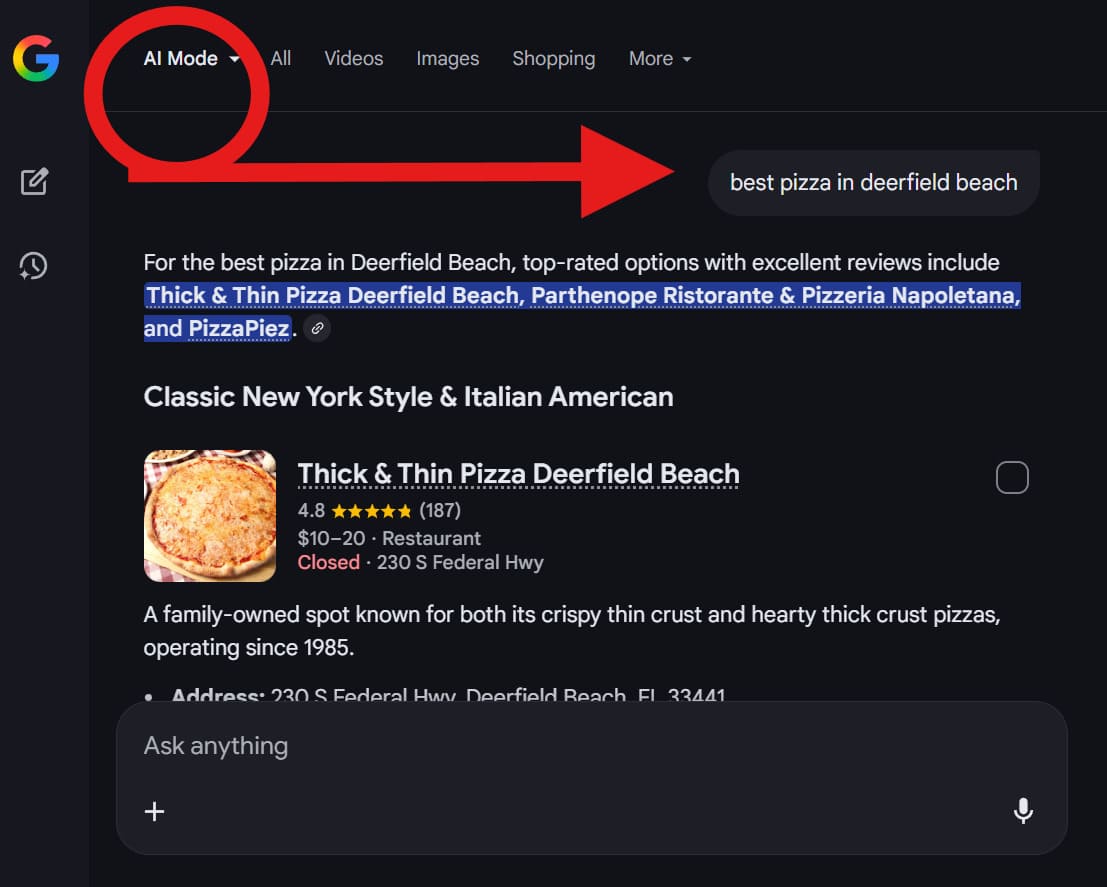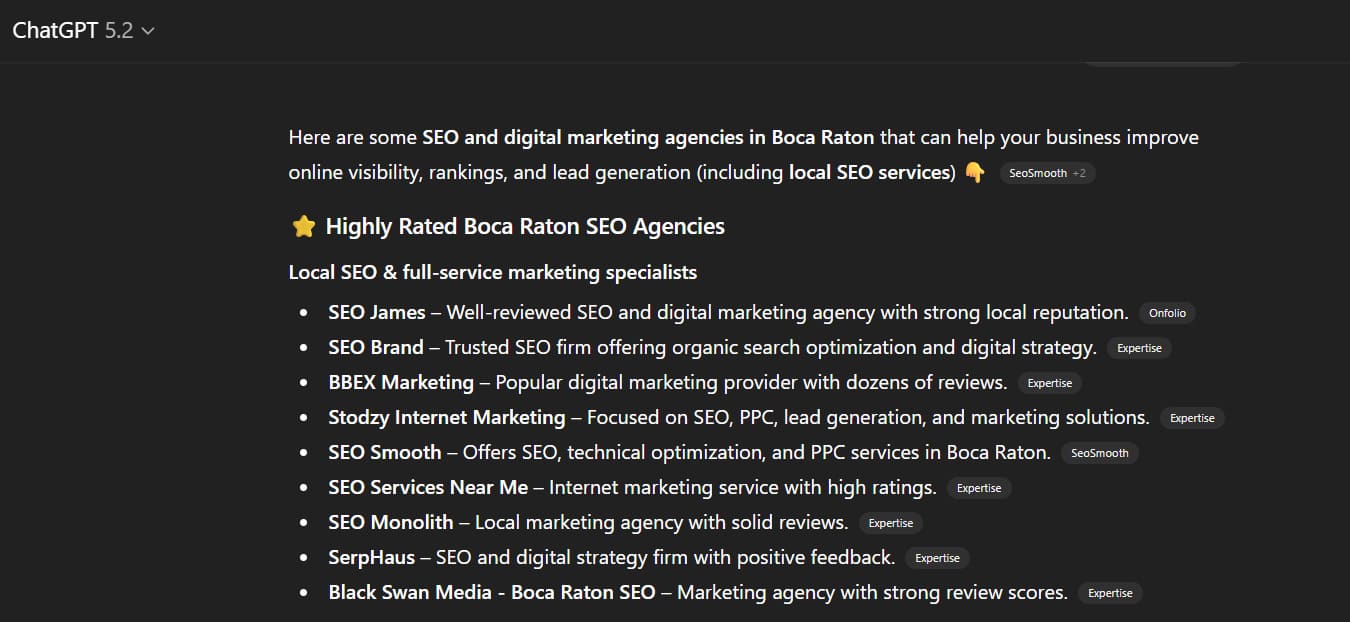Website marketing, also known as online marketing or digital marketing, involves promoting a website to attract visitors, generate leads, and ultimately drive conversions or sales. Here are some key strategies and tactics for effective website marketing:
1 – Search Engine Optimization (SEO)
SEO involves optimizing a website to improve its visibility and ranking in search engine results pages (SERPs) for relevant keywords and phrases. This includes on-page optimization (e.g., optimizing meta tags, headings, and content) and off-page optimization (e.g., building high-quality backlinks).
2 – Content Marketing
Content marketing involves creating and distributing valuable, relevant, and consistent content to attract and engage a target audience. This can include blog posts, articles, videos, infographics, ebooks, and other types of content that address the needs and interests of your audience.
3 – Social Media Marketing
Social media marketing involves using social media platforms like Facebook, Instagram, Twitter, LinkedIn, and others to promote your website and engage with your audience. This includes sharing content, running ads, hosting live events, participating in discussions, and building relationships with followers.
4 – Email Marketing
Email marketing involves sending targeted and personalized emails to subscribers to promote your website, products, or services. This can include newsletters, promotional offers, product updates, and other types of emails designed to drive traffic and conversions.
5 – Pay-Per-Click (PPC) Advertising
PPC advertising involves paying for ads to appear in search engine results or on other websites, and paying only when users click on the ads. Platforms like Google Ads and Bing Ads offer PPC advertising options that allow you to target specific keywords, demographics, and locations to reach your target audience.
6 – Influencer Marketing
Influencer marketing involves partnering with influential individuals or organizations in your industry or niche to promote your website or products to their audience. This can help you reach a larger and more targeted audience and build credibility and trust with potential customers.
7 – Affiliate Marketing
Affiliate marketing involves partnering with other websites or individuals (affiliates) who promote your products or services in exchange for a commission on sales generated through their referral links. This can help you expand your reach and drive sales through third-party promotion.
8 – Website Optimization
Optimizing your website for performance, usability, and conversion is essential for effective website marketing. This includes improving website speed, optimizing for mobile devices, enhancing user experience, and implementing conversion rate optimization (CRO) strategies to maximize the effectiveness of your website in converting visitors into customers.
9 – Analytics and Tracking
Monitoring and analyzing website traffic, user behavior, and conversion metrics is essential for measuring the effectiveness of your website marketing efforts. Tools like Google Analytics provide valuable insights into how users interact with your website and which marketing channels drive the most traffic and conversions.
10 – Testing and Iteration
Continuously testing and iterating on your website marketing strategies and tactics is important for optimizing performance and driving continuous improvement. This includes A/B testing, split testing, and experimenting with different approaches to see what works best for your audience.
By implementing these website marketing strategies and tactics effectively, you can increase visibility, attract targeted traffic, and achieve your business goals through your website.






